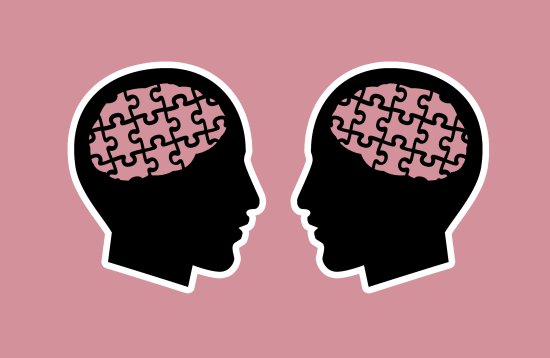
Lack of empathy has a distinct human cost
The amount of information that we are exposed to every single day is staggering. We now take in five times more information than we did in 1986. With our attention spans eroded to approximately eight seconds in our digital landscape, we have learned that to consume is to skim. The American Press Institute found in 2014 that six in 10 people reported not reading beyond the headline in the past week.
About 73% of Americans report feeling some degree of information overload, yet we continue to interface with it on a variety of devices and media, both professional and social. How do we truly connect to anyone or anything in a world where we are honed to remain superficial just to keep up?
[time-brightcove not-tgx=”true”]
Unfortunately, how we connect to information is increasingly affecting how we connect to each other. In 2010, a University of Michigan study found college students were 40% less empathetic than they were in the late 70s and early 80s, and that students were less likely to endorse statements like “I often have tender, concerned feelings for people less fortunate than me,” or “I sometimes try to understand my friends better by imagining how things look from their perspective.” We are becoming more self-absorbed, with less ability to take the perspective of others. Whether cause or reflection, social media and reality television further reinforces, rewards and celebrates this ever-growing narcissism.
As narcissism increases empathy levels fall. Pew Research found that 90% of young adults 18-29 years old use social media as of 2015, and a full 65% of all adults do as well, creating a tenfold increase in the past decade. Social media is, generally, a very self-focused and superficial place to navigate.
Many individuals increasingly report that they’d rather text than talk. And as of 2014, 89% of cell phone users reported using their phone during their most recent social gathering, even though 82% admit that it hurts their conversation.
Despite our ability to be digitally engaged 24/7, our feeling of truly being connected is still the subject of much debate. Image becomes identity, “likes” become attention, and the real world with real interaction begins to vanish. A sad-faced emoticon in response to someone experiencing loss is hardly an effective substitution for sitting across from them at a table.
In a world where people are neatly packaged avatars, we miss the complexity that real relationships entail—and the empathy that develops due to the lessons those interactions bring. The ability to see how our actions—or lack of actions—impact others every day is essential to a healthy society.
Americans are increasingly losing touch with the experiences that connect us so intimately to each other. Lack of empathy is everywhere, with distinctive human cost. So today, do something radical: Ask your barista, or coworker, or friend how they’re doing—and listen to their response. And whatever you do, don’t bring your phone on your next date out with someone you love.
Julie Gurner is a psychologist and consultant.
